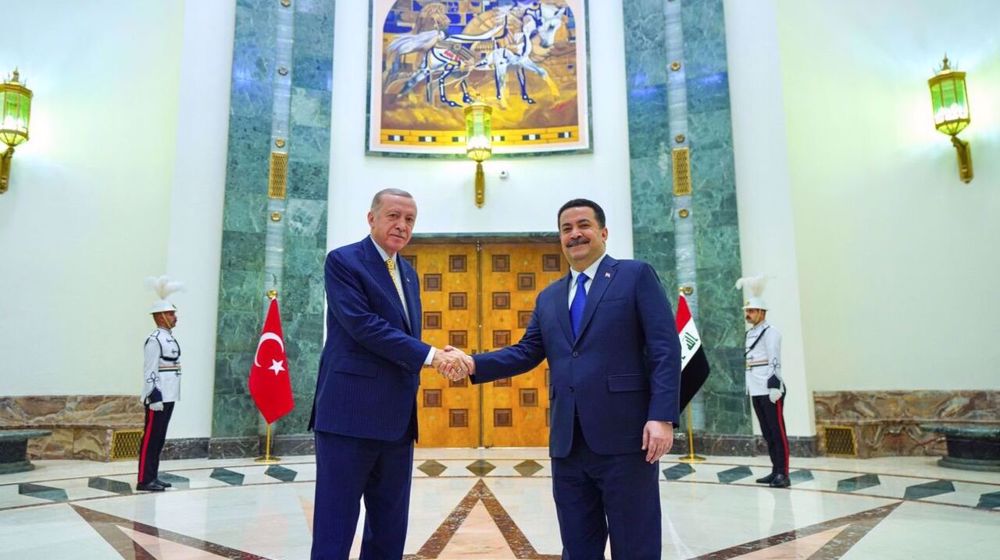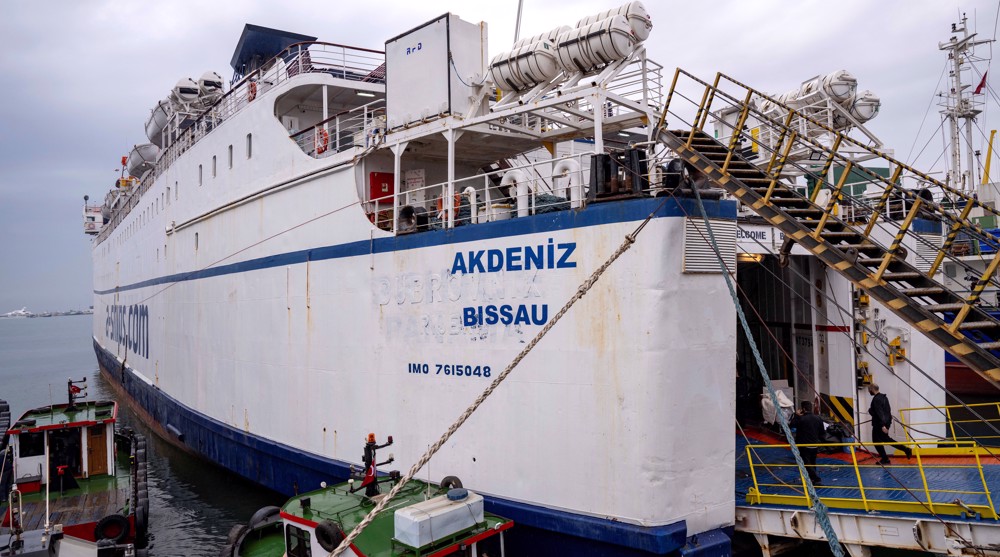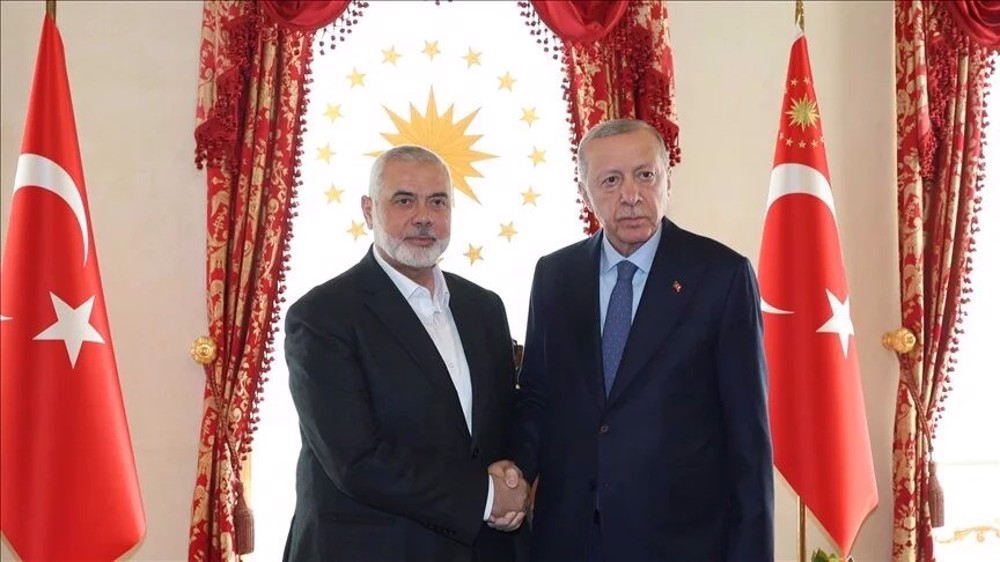Turkish President Erdogan threatens top court over freed journalists
Turkish President Recep Tayyip Erdogan has warned the Constitutional Court that future rulings similar to the one that led to the release of two opposition journalists could open a debate over the court’s existence and legitimacy.
The Constitutional Court rejected charges against Can Dündar, the editor-in-chief of the center-left Turkish daily Cumhuriyet, and the paper’s Ankara representative Erdem Gül late last month and allowed their release after three months in jail.
"I hope the constitutional court would not again attempt such ways which will open its existence and legitimacy up for debate," Erdogan told a rally in the southwestern city of Burdur on Friday.
"This institution, with the involvement of its president and some members, did not refrain from taking a decision that is against the country and its people, on a subject that is a concrete example of one of the biggest attacks against Turkey recently," he said during the televised speech.
The president also said that he would not shy away from expressing his objections and would personally confront anyone who breaches “boundaries.”
Dündar and Gül were arrested late November 2015 on charges of revealing state secrets, treason, terrorist propaganda, and espionage.

In late May 2015, Cumhuriyet published a video on its website showing that Turkey’s intelligence agency helped in the delivery of weapons to foreign-backed militants in Syria.
The video showed that trucks belonging to Turkey’s National Intelligence Organization (MIT) were carrying 1,000 mortar shells, hundreds of grenade launchers and more than 80,000 rounds of ammunition for light and heavy weapons for Takfiri groups in Syria.
The Turkish government has denied allegations and said the vehicles had been carrying humanitarian aid to Syria.
Dündar and Gül are still facing trial on the charges on March 25, while prosecutors have demanded life terms.
Ankara has widely been blamed for the surge in the deadly militancy in Syria as it has been supporting militants with funds, training and weapons. It also stands accused of being involved in illegal oil trade with Takfiri Daesh terrorists.
VIDEO | Press TV's news headlines
VIDEO | American, Israeli rabbis call for ceasefire during protest near Gaza
Iran calls for enhanced defense cooperation with Russia
US campus crackdown: 500 pro-Palestinian protesters arrested
VIDEO | Yemenis rally in Sana'a in solidarity with Palestinians in Gaza
VIDEO | Jordanians march after Friday prayers in support of Palestinians
Far-right Israeli minister Ben-Gvir injured
Germany clears pro-Gaza camp as US-style demos spread across Europe















 This makes it easy to access the Press TV website
This makes it easy to access the Press TV website